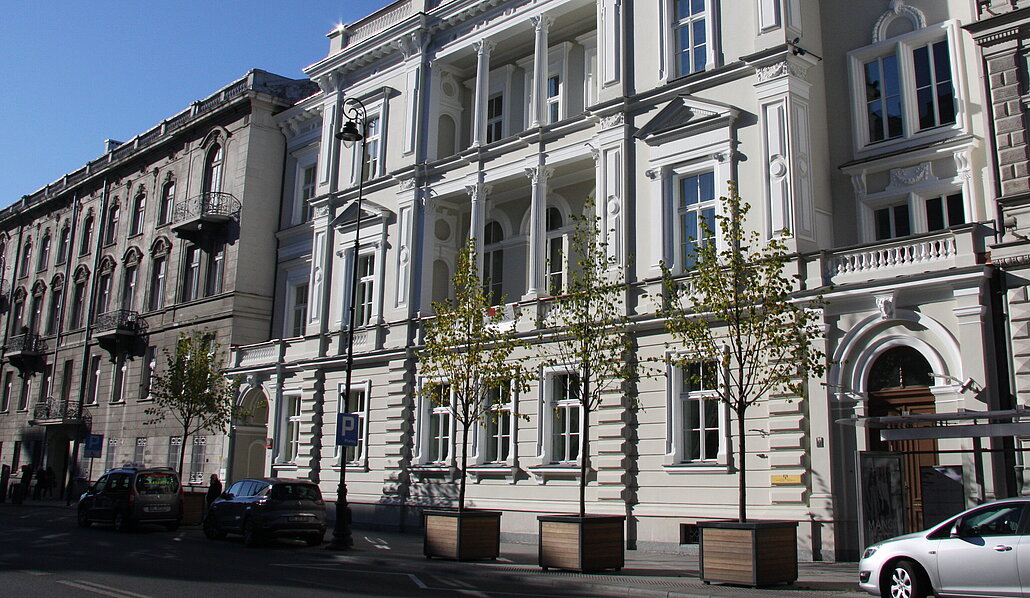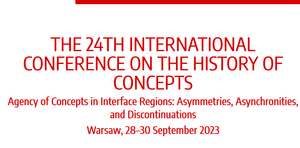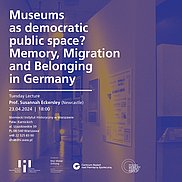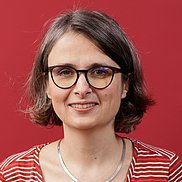The 24rd International Conference on the History of Concepts, organized by Bartłomiej Błesznowski, Piotr Kuligowski and Wiktor Marzec on behalf of the History of Concepts Group (HCG), brings together scholars from all disciplines interested in conceptual history. It offers a platform for interdisciplinary exchange on the problems and practice of the history of concepts and fosters the international network of conceptual historians.
Although the conference gathers a broad community of conceptual historians regardless of their topic and region of interest, this year we would like to encourage reflecting on concepts in a localized and/or spatialized manner. The point of departure is for us the very locality where the conference takes place, Eastern Europe. However, its spatialized condition has a much broader, global, and perhaps universal reach, characterizing various tensions and differentials of the global space of conceptual transfers and their impact on historical processes.
In colonial and post-colonial settings, in dependent regions of continental empires, in the multicultural metropoles and especially in the shatter zones and interfaces of larger political and cultural entities, concepts are forged, uttered and used in context of ethnic diversity and language plurality. These contexts are marked by patterned inequality, where certain language resources maintain privileges, draw on extensive global networks and enjoy access to economic resources or political power. Many of these contexts are also characterized by shifting geopolitical frameworks and multiple gravities of political and cultural influence; for instance, when particular places change state affiliations or competing ideologies orient themselves at various political centers (imperial capital, national homeland abroad or contested benchmarks of progress).
Discontinuous history of empires (broadly understood) epitomizes such a situation exceptionally well. Social and political languages were created in such a multi-scalar network of tensions and adapted to geopolitical shifts. For instance, “Western” or “Eastern” orientation continue to shape the map of ideological divisions in Eastern Europe, and the competition between “domestic” and “global” elite hierarchies tend to split the local public spheres. At the same time, discontinuous history of the state resulted in a weak institutionalization of social conflict. Historical shifts were often dependent on larger political frameworks, when, for instance, clashes of empires opened opportunity windows for nationalist groups on their borderlands, which caused unprecedented reversals in political possibilities and ethnic hierarchies. In such situations, regimes of agency often mutated and unexpected opportunities emerged. Concepts, themselves carrying multiple legacies and differentials of power with them, gained uneven, situated impact on the historical process.
The 24th International Conference on the History of Concepts
Agency of Concepts in Interface Regions: Asymmetries, Asynchronities, and Discontinuations
Warsaw, 28–30 September 2023
Program: www.historyofconcepts.net/24th-international-conference-2023/programme/






